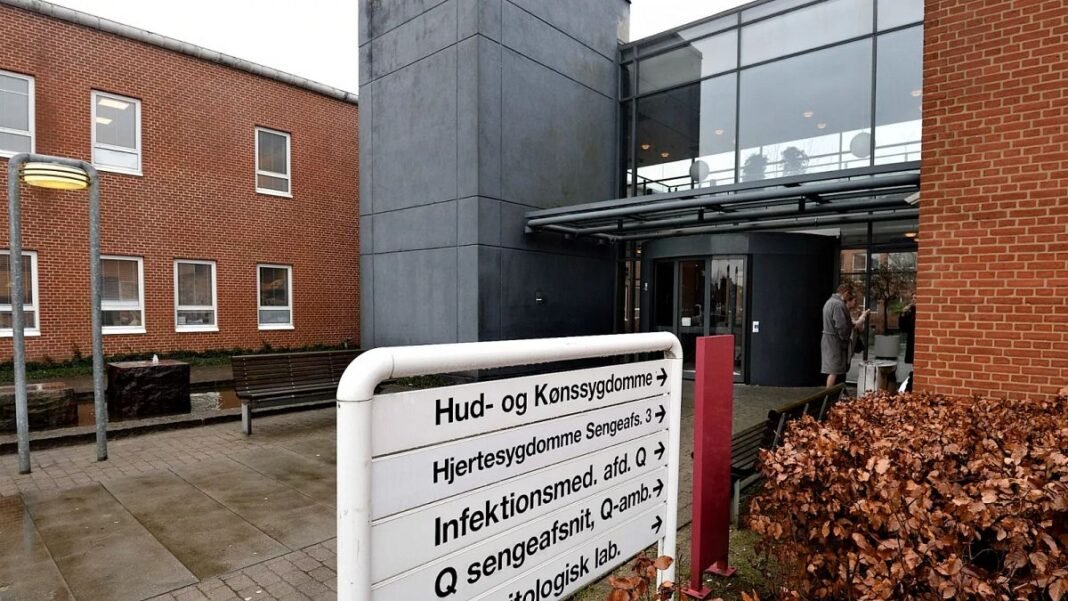The growing scrutiny of spies is leading Danish higher learning institutions to reject foreign researchers as they report high levels of threat.
University authorities in Scandinavian countries say they are particularly wary when researchers come from Russia, Iran and China.
At least 24 foreign researchers were rejected this year at Aarfs University, one of Denmark’s most advanced learning institutions. This amounts to 12 applicants from China, Russia and Iran, the agency said.
According to Brian Vinter, vice-president of the Faculty of Engineering at Aarhus University, the applicant researcher was denied on the basis that he had access to material that could leak information to third parties.
Danish Security and Intelligence Reporting Agency (PET) says there are four ways foreign states can pressure researchers to exploit and become spies.
Bribery or purchase access to simple methods such as knowledge, fearful mail, threat, forced, digital impact campaigns, surveillance, theft, robbery, and more is one of the ways it mentions.
Andre Ken Jacobsen, an associate professor at the Centre for War Studies at the University of Southern Denmark, warns that advanced technology can be applied with many forces.
“And that brings a lot of interest, greater intensity, greater competition, and therefore greater threat,” he said, adding that there can be a lot of unwanted attention, especially in the field of quantum technology and green transitions.
This informed the need for caution, according to Professor Jacobsen.
Denmark’s Security and Defense Agenda
The strict rules on this come in light of Denmark’s security and defense agenda when he took over the European Union’s six-month revolving presidency.
On July 3, Denmark marked the acquisition of the EU Council’s presidency at its official opening ceremony in Aafs.
Analysts believe this may be particularly directed towards re-arming efforts, but as Scandinavian countries tend to be defence-related as a priority, Associate Professor Jacobsen points out that the threat of cyber-espionage is authentic.
The Danish Emergency Management Agency reports that cyberspy and cybercrime threats against Danish universities are extremely high. That’s why screening is required, according to Jacobsen.
Despite efforts to mitigate risk, the situation could have some impact.
“Of course, I think it’s very sad because the best people want us to come and work. This is also why we do everything we can to avoid disappointment.”
“But I’m sure I would say no to some people who might have been employed at Alfs University if they were probably not wrong, but I rated it too risky,” he explained.
Several other Danish universities rejected foreign researchers for fear of spying, but they said they were not counting the number of rejections.
To screen applicants, the University of Copenhagen told local media it employs two staff members in addition to using third-party consultants.
The majority of the screening is conducted in the natural and health sciences, but the university told Dr. Dr, the official Danish broadcaster, that there are no statistics on the number of applications that have been rejected.
